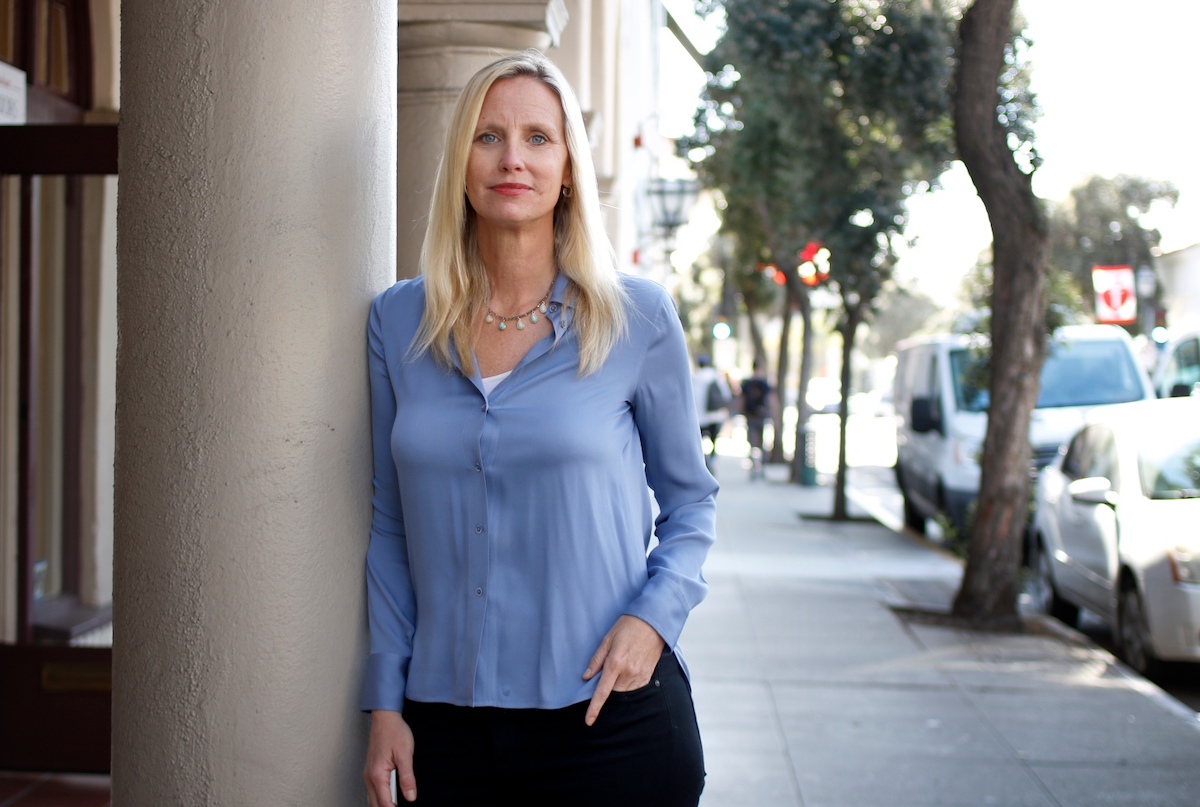Santa Barbara Voters: Follow the Money
Campaign Finance Reform Is Desperately Needed in Santa Barbara

Election Day is upon us, giving us our one chance to choose who will lead the city of Santa Barbara for the next five years. Voting is not only our sacred right but our power, yet special interests yield much greater influence than individual voters.
Call me idealistic, but in my book, no one should have an advantage in the electoral process through the use of campaign funds. Far too much power is given to organized and well-financed forces. And that means the policies that govern us are often out of sync with what is best for all of us — especially the most vulnerable.
Few will deny we have too much money in politics, even at the local level. The reason? Our outdated system allows it.
Until this year, Santa Barbara County, which determines the campaign regulations for all our cities, had zero campaign finance regulations. Zero. That meant all sorts of entities — organizations, individuals, corporations, and special interests — would spend thousands of dollars to advance their different agendas.
Thankfully, our leaders in the California Legislature, frustrated with the Wild West attitude of county governments, imposed a minimum campaign contribution limit of $4,900 that took effect in January.
That’s a step in the right direction, but $4,900 is far too much money to have pouring into regional campaigns, especially in small communities. For example, the City of Santa Barbara has just 55,000 registered voters. Only around 30,000 are expected to vote in this election. It doesn’t take much money to make an overwhelming impact in a community of our size.
Many counties and cities throughout California have tried to level the playing field with more realistic limits: The City of San Francisco, nine times our size, has a limit of $500 per person. Ventura County has a contribution limit of $750. Berkeley, which has roughly the same size population as ours, has a $250 limit, 20 times higher than what is now legal in Santa Barbara.
At this rate, the top fundraising candidates in the mayoral race are poised to spend more than $20 per vote to win. More than a million dollars has already been raised in the mayor’s race alone.
And Planning Commissioner Barrett Reed, who is challenging City Councilmember Kristen Sneddon (whom I’ve endorsed), is on pace to spend a whopping $40 per vote. To say that is outrageous is an understatement.
I don’t fault the individual candidates or their donors. They both are playing by the rules — state-imposed rules that need to be improved — but the rules nonetheless. Most candidates will tell you that fundraising is the worst part about politics. Yet when they are elected, few stand up to change the system, because they know that by being the incumbent, they will have a great advantage fundraising in their next election.
I applaud the one candidate in the mayoral race who has a solid campaign finance plan and has the courage to change the system. With his years in state government, James Joyce knows how the special-interest game is played. Yet if elected, he has promised to usher in a fresh, inspiring approach. He has introduced a reasonable plan to cap campaign contributions to $1,500 per person. This proposal, along with other ethics measures, including a candidate spending cap, would have a dramatic impact on the way campaigns are currently run, which in turn would improve our local policies.
Given this context, here is my message to the many undecided voters: Follow the money. One of the most meaningful ways to assess a candidate is to review who supports them financially.
Jerry Roberts regularly does a diligent job of sifting through and reporting on their financial records. But you can see for yourself. The City of Santa Barbara has a portal on their website where anyone can review every contribution and expenditure made by each candidate.
Once in the portal, type in the candidate’s name and look for the PDF forms labeled 460. As you sleuth away, you’ll likely be astounded by the preponderance of huge donations totaling $1,000-$5,000 each from developers, unions, hotel management companies, mysterious LLCs, and entities outside of our town. How can this be right?
The candidates who prevail on November 2 have the privilege of leading our city into the future. They will each make decisions that directly impact our quality of our daily lives. It’s vital to our well-being, and to the well-being of our city, that those policies be made on the merits, not on monied influence.
While that ideal is impossible to decree, the surest way toward progress is for our system to be improved with reasonable campaign finance limits and other ethics regulations.
Though I encourage our local leaders to set limits and parameters that are more aligned with our community, thereby allowing more people to participate in the process, the rest of us don’t have to wait. Ordinary citizens can initiate a campaign finance ballot proposition to mandate it.
Who’s in?



